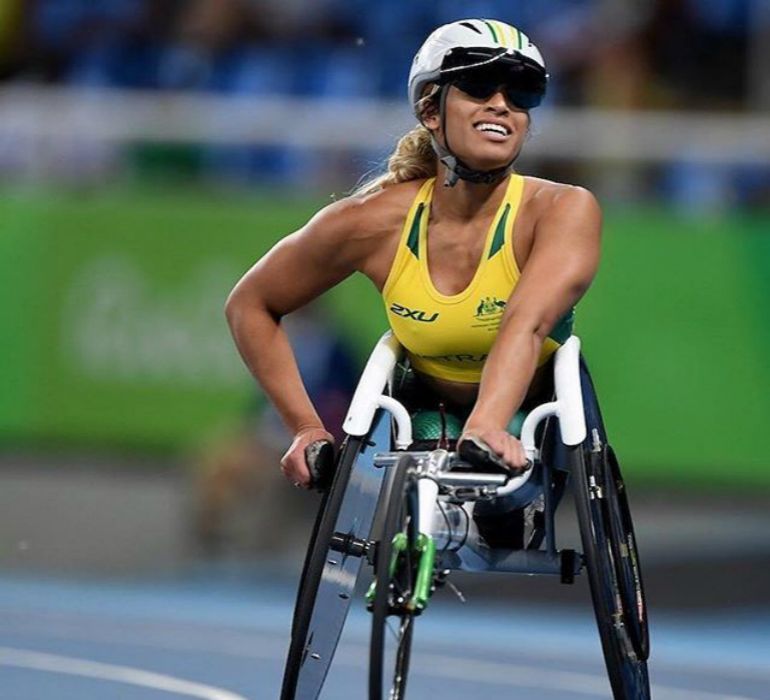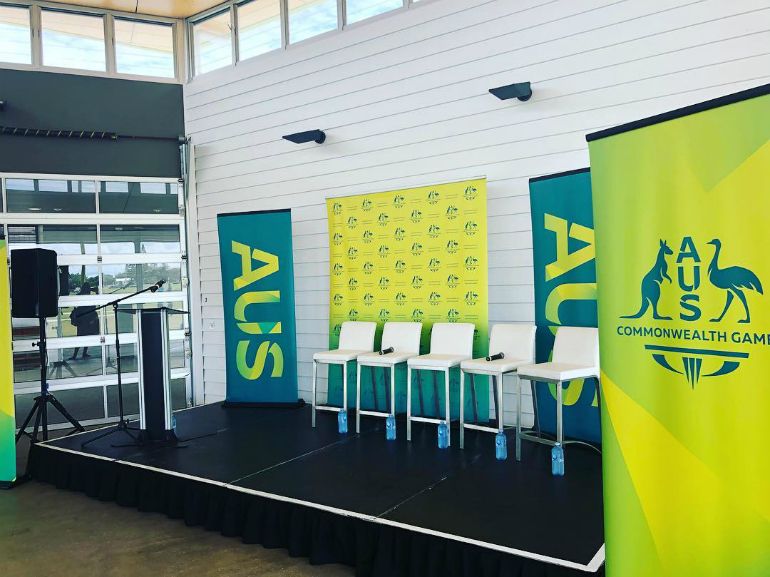Share:
Take it offline!
This Education in Motion resource is also available as a printable PDF.
Download PDF
The concept of a sporting competition to bring together the nations of the British Empire was first proposed in the 1890s by Reverend Astley Cooper. In an 1891 Times newspaper article, Copper suggested the creation of a Pan-Britannic-Pan-Anglican competition to be held on a regular basis. Holding the contest was seen as a great way to foster goodwill and better understanding among the members of the British Commonwealth.
The concept of the competition would then go on to lay dormant for several years until M.M Robinson, a journalist and member of the Canadian Olympic Committee at the 1928 Olympic Games in Amsterdam, raised the idea to his counterparts from Britain, Australia, New Zealand and South Africa.
The first Commonwealth games were held 2 years later in Hamilton with 11 member nations participating in the games. Since 1930, the Games have been held every four years except in 1942 and 1946 due to World War II.
Up until 1998, only individual sports were included in the programme. However, the 1998 Games in Kuala Lumpur saw the introduction of team sports, with nations taking part in Cricket, Hockey, Netball and Rugby 7s.

Introduction of Para-Sports in the Commonwealth Games
The games continued to evolve and in the 2002 games in Manchester, for the first at any multi-sport event in the world, full medal events for elite athletes with a disability (EAD) were included in the programme. 20 countries sent both male and female elite athletes to compete in 10 events across 5 different Para-Sports. These were athletics, swimming, weightlifting, lawn and table tennis.
The inclusion of Para-Sport full medal events continued at the Melbourne 2006 Commonwealth Games where 189 elite athletes with a disability from 25 nations took part in athletics, swimming, powerlifting and table tennis, competing in 12 full-medal events.
At the Delhi 2010 Games, the opportunity for Para-Sport athletes to compete increased even more with athletes having the opportunity to compete in 15 full medal events in 4 core Para-Sports: athletics, swimming, lawn Bowls and powerlifting.
At the 2014 Commonwealth Games in Glasgow, a total of 22 medal events were offered for para-athletes in five para-sports. The event proved to be the largest integrated Para-Sport programme of any Commonwealth Games. The five Para-Sports that were included in the Glasgow programme were athletics, powerlifting, swimming, lawn bowls and, for the first time, track cycling.
The Games also marked the first time that swimmers with an intellectual disability competed in a men's 200m freestyle event for S14 swimmers. With the exception of track cycling and S14 swimming, the four other sports had made their Commonwealth Games debut as fully integrated medal events in Manchester 2002. However, lawn bowls hadn’t been featured in the games since Manchester, 2002.

Para-Sport events at the 2018 Commonwealth games
The upcoming Commonwealth games will be held in Gold Coast from 4th to 15th April 2018. With more than 6600 athletes from over 70 commonwealth nations and territories expected to take part in the contest, the event will be the largest since the formation of the competition.
Gold Coast is marked to host the largest integrated Para-Sport program in Commonwealth Games history. Developed in by the Commonwealth Games Federation (CGF) in consultation with the International Paralympic Committee and Commonwealth Games Australia (CGA), the programme aims to showcase the best of para-sports in the Commonwealth.
The Gold Coast Commonwealth games will host up to 300 para-athletes and 38 medal events across seven sports, a new record for the Games. This represents an increase of 45 percent more athletes and 73 percent more medals compared to the para-sport competition staged at the last Commonwealth Games in Glasgow.
The sports to be contested during 2018 event include athletics, swimming, powerlifting, table tennis, track cycling and triathlon with the swimming and athletics programs expected to double in size.
Both table tennis and para-triathlon will be debuting at the GC2018 games. The introduction of the para-triathlon comes after the great success of the triathlon competition in Glasgow 2014 and the sport’s increasing profile across the globe. Gold Coast will also see the first ever wheelchair marathon (T54) at the Games to take to the streets.
Gold Coast 2018 sets the benchmark high for future host cities. The Game’s expanded para-sport programme will serve as a great opportunity for more elite athletes with a disability to showcase their talent to the world.